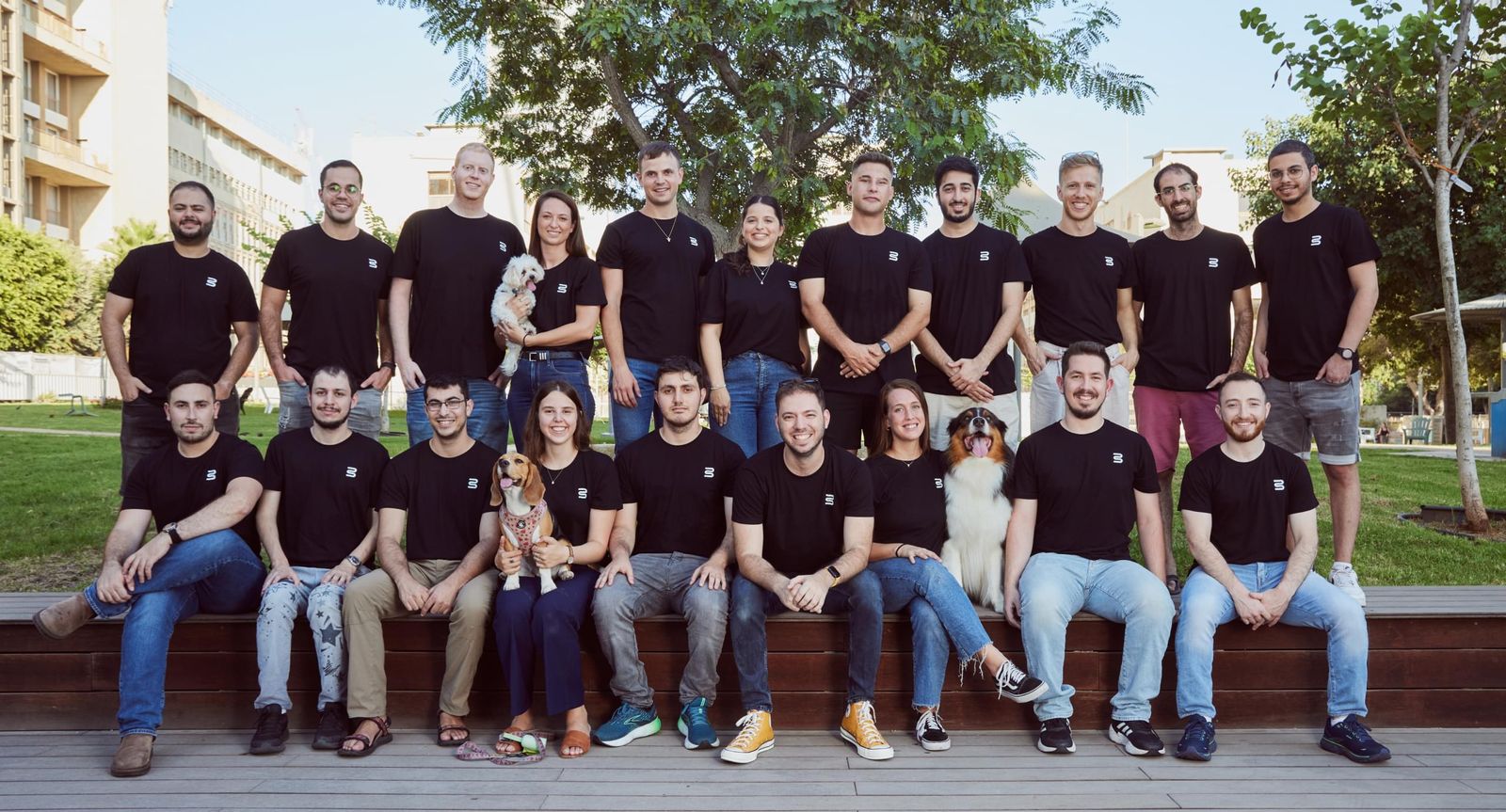In a bid to propel the next phase of innovation in the rapidly evolving landscape of web3, Blockaid announced a substantial $33 million Series A funding round. The funding came from a syndicate comprising some of the world’s foremost investors in Fintech, Cybersecurity, and web3, including Ribbit, Variant, Cyberstarts, Sequoia, and Greylock.
In a statement, Blockaid said it envisions a future where every transaction would be seamlessly scanned and secured, eliminating the need for users to be aware of their interactions with cryptocurrency.
Co-founded by individuals with a rich background in cyber intelligence, Blockaid’s CEO and Co-founder Ido Ben-Natan, along with his military service companion Raz Niv, brought a wealth of experience in defending national security against sophisticated cyber threats. The two founders, with backgrounds in applied mathematics and leadership roles in cyber operations, boasted an impressive track record, including winning the prestigious Israel Defense Prize, the statement added.
With the $33 million in funding, Blockaid aimed to further accelerate its growth by scaling its team, enhancing its product, and extending its security services to all companies in web3 seeking protection against fraud, phishing, and hacks.
Blockaid’s unique architecture sets it apart, ingesting vast amounts of data collected from scanning, simulating, and validating decentralized applications (dApps) and transactions across the web. The company’s proactive approach to detection garnered the trust of notable clients, including MetaMask, OpenSea, Rainbow, and Zerion.
Over the past six months, Blockaid scanned over 450 million transactions, preventing 1.2 million malicious transactions and securing over $500 million in user funds. Notably, during the recent Vitalik Twitter Hack, Blockaid’s system detected the malicious dApp over 24 hours prior to the tweet going live, showcasing the power of proactive detection for its customers.
The founders expressed a deep passion for web3’s enormous potential, comparing it to what the internet did for information. However, they acknowledged the challenges of web3 being plagued by daily threats and a staggering $14 billion in fund losses last year alone. Blockaid positioned itself as a leader in web3 security, aiming to provide essential security tools to builders to protect users from fraud, phishing, and hacks before they occurred, thereby addressing the existential usability issues hindering web3’s growth.



